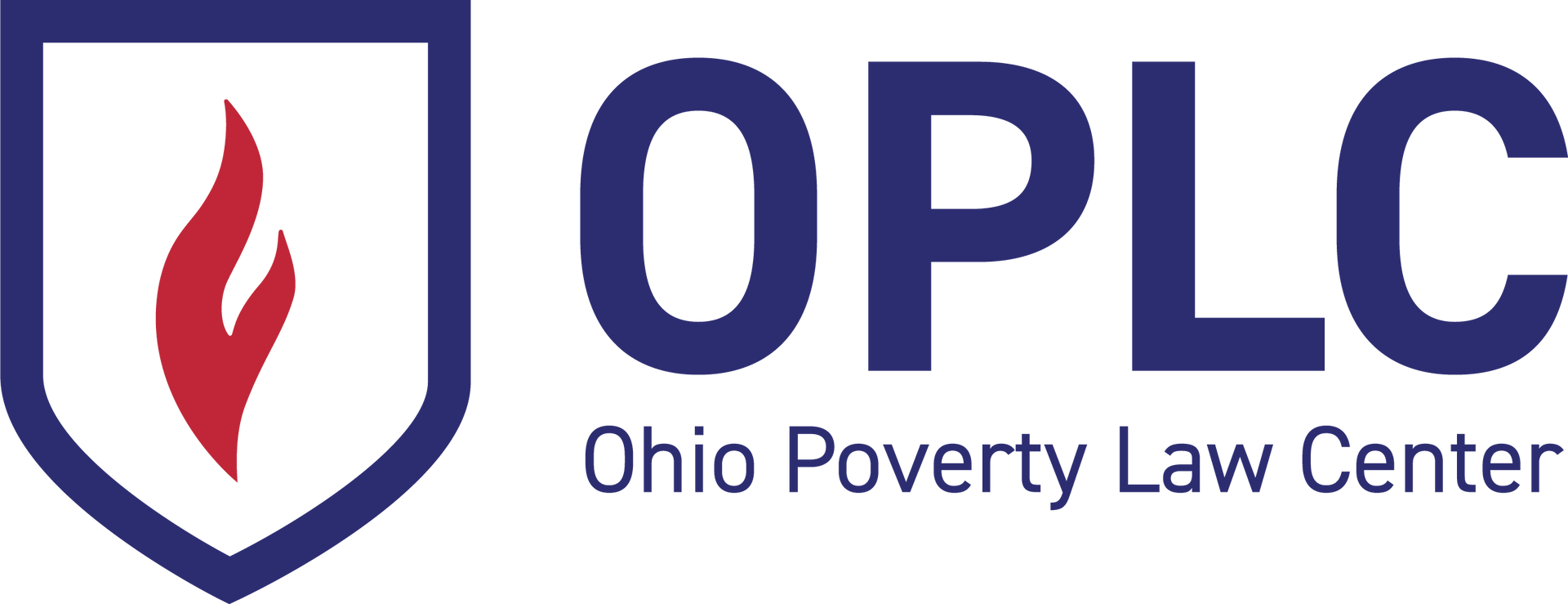DECEMBER 2019 NEWSLETTER
School Record Transfers
House Bill 111 requires schools and school districts to transfer school records within five days of receiving a request.
Poor students are more likely to change schools or districts than more affluent students. When school records are not transferred in a timely manner, teachers and school administrators are unable to provide students with the most appropriate education especially for students who have Individual Education Programs (IEPs). Students may spend weeks in an inappropriate classroom settings or the school may be failing to address certain needs of students because they do not know the needs exists.
The House Primary and Secondary Education Committee approved the bill on Nov. 19, 2019. We hope to see it approved by the Full House of Representatives soon.
Drivers License Reinstatement Fee Bill
We reported in October that House Bill 285, which makes the drivers license reinstatement fee waiver and reduction program permanent, was on the move. It was voted out of committee on Oct. 30 and was approved by the House of Representatives on Nov. 6, 2019. The bill, which needs to be approved by the Senate, was referred to the Senate Local Government, Public Safety and Veterans Affairs Committee. OPLC and its partners are meeting with committee members and hope the bill moves quickly through the Senate.
The pilot program to reduce or waive reinstatement fees has been extended through Dec. 31, 2019.
Improvements for CQEs
Senate Bill 5, which has been sent to Governor DeWine for his signature, was amended to improve the use of Certificate of Qualification for Employment (CQE). The changes include capping the CQE application fee at $50 statewide, subject to a full waiver for indigency, creating a rebuttable presumption that former offenders are entitled to a CQE if three years have passed since completing their felony detention and/or supervision, or one year has passed since completing their misdemeanor detention and/or supervision, and requiring state licensing websites not only to post crimes that preclude licensing, but also to state that a CQE would allow a license applicant to overcome this exclusion.
Ohio Gets a “C” in NCLC’s New Report
The National Consumer Law Center issued its “No Fresh Start in 2019” report grading states on debt collection practices. Ohio received an overall grade of a C. While scoring high on its protection of a home from creditors, the state received an “F” for extremely weak protections of wages. Ohio protects just the federal minimum from wage garnishment.
Wage garnishment is the legal process by which a creditor takes part of your wages from your paycheck before you are paid which reduces your take-home pay. For Ohioans who get behind on their bills, a creditor may garnish up to 25% of a person’s paycheck to satisfy the unpaid debt, making it even harder for low-wage workers to make ends meet and get out of debt.
